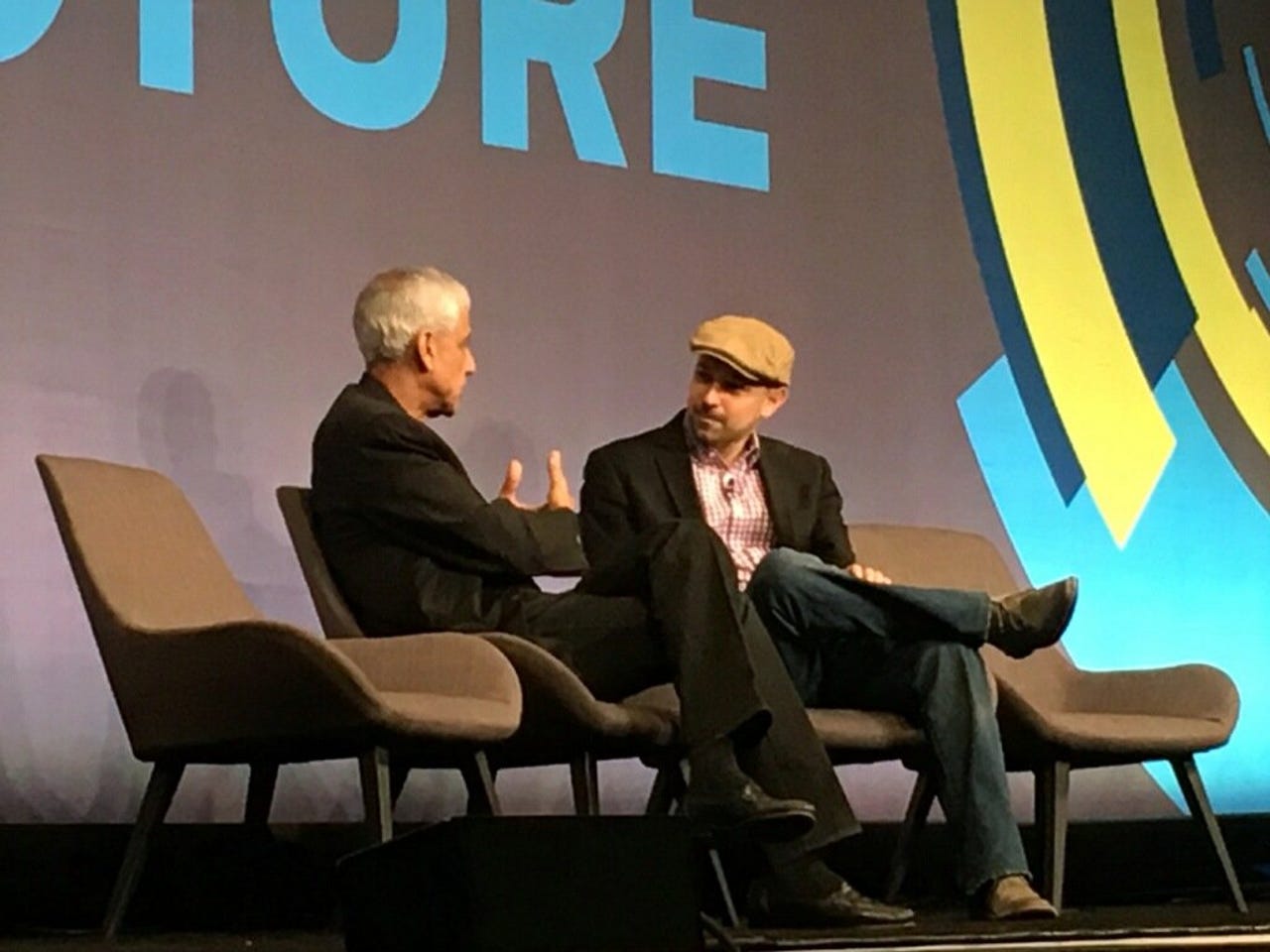Vinod Khosla explains how to spot a promising enterprise startup


Investor Vinod Khosla (left) and TechRepublic's Jason Hiner spoke at Structure 2016 about the state of enterprise technology.
The enterprise space has been stagnant for some time, Vinod Khosla, the venture capitalist with a storied history in Silicon Valley, said to TechRepublic's Jason Hiner at the Structure conference in San Francisco on Tuesday.
That said, things have started to change in just the two or three years, the Khosla Ventures founder said. "Every area I look at is being reinvented at a different scale than was possible before," he said, from databases to analytics.
Khosla, the founding CEO of Sun Microsystems, said that as an investor, he finds the best enterprise startups start small but in a very large space. He pointed to Nutanix, which early on appeared narrowly focused on virtual desktop infrastructure (VDI) but is now applied to all workloads. Meanwhile, cloud data management company Rubrik is "growing so fast it's pretty scary," he said.
The most promising ideas, Khosla said, come down to "something that starts small and has a much larger playground to conquer."
One area that has yet to see much-needed innovation is cybersecurity, Khosla said.
"The right approach, which I don't see anybody attempting, is fundamentally reinventing security from the ground up," he said. "It's very hard to do, it should be done, nobody's doing it."
Khosla told the Structure conference attendees that, for all his success at Sun and as an investor in Juniper, "I've failed way more often than anybody in this room."
Khosla noted how he and his Sun co-founder Scott McNealy founded another company within three months of starting Sun, called Data Dump.
"Three months apart, same founders -- nobody remembers the failures," he said. "Your willingness to fail is what will let you succeed. If you're afraid to fail, you'll never do anything innovative, which is one of the reasons innovations never come out of large companies."